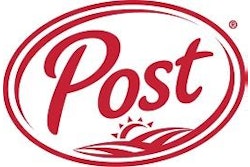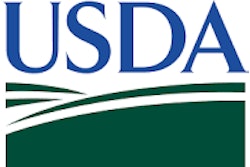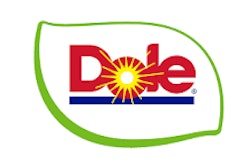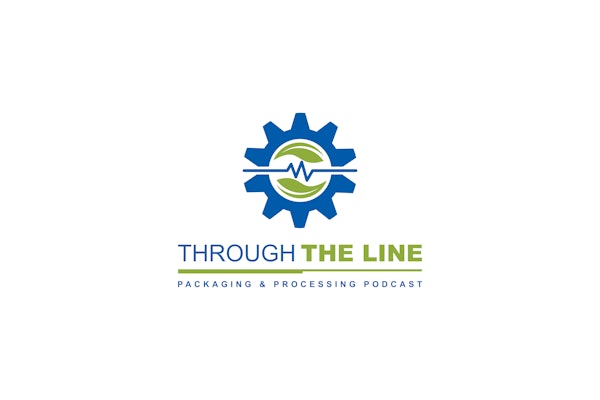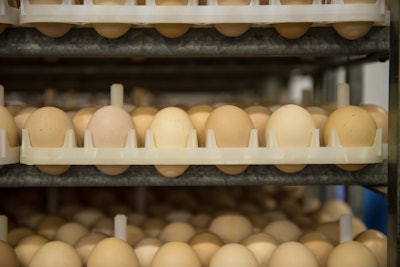
The National Chicken Council has petitioned the FDA to reverse or modify its policy that forces the broiler industry (broilers are chickens raised for meat) to destroy nutritious and safe eggs, even though the FDA never stated these surplus broiler eggs were unsafe.
Prior to 2009 when the FDA implemented its new policy, broiler producers could sell surplus eggs (more eggs on hand than they wanted to hatch) to egg processors to be pasteurized and used in egg products. The processing of egg products includes breaking eggs, filtering, mixing, stabilizing, blending, pasteurizing, cooling, freezing or drying, and packaging, all done at USDA-inspected facilities under the oversight of federal inspectors.
Because the egg products are pasteurized, they are ensured a high level of food safety. Granting the NCC’s request would release almost 400 million safe, nutritious surplus eggs into the egg breaking supply each year, helping to ease costs and inflationary pressures.
 | USDA Committing $215 Million to Enhance American Food Supply Chain |
“In light of the pressure the current HPAI [highly pathogenic avian influenza (“bird flu”)] outbreak is putting on the nation’s egg supply, FDA should revisit the use of safe, affordable, and nutritious surplus eggs available for use by egg breakers and their customers,” says Ashley Peterson, PhD, NCC senior vice president of scientific and regulatory affairs. “Already faced with record egg prices, consumers might be hit even harder in their wallets as we head into the Easter season unless FDA provides us with a pathway to put these eggs to good use.”
Liquid, frozen, and dried egg products are widely used as ingredients in items, such as salad dressings, bread, cake mix, pasta, pancake mix, mayonnaise, ice cream, pie crusts, sauces, and many other everyday food products.



